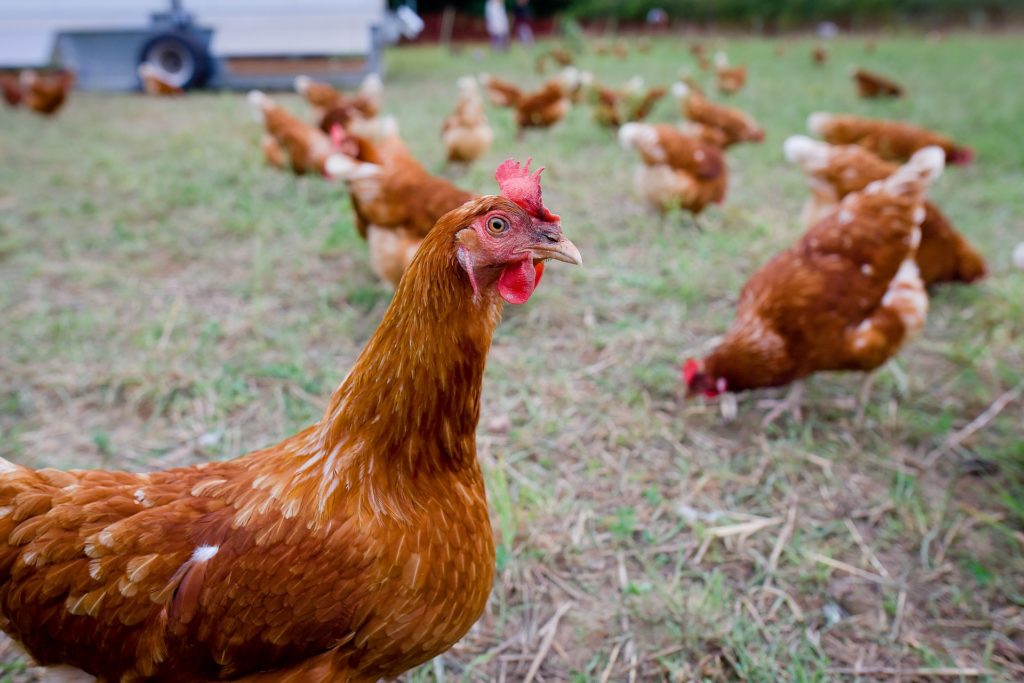I had an epiphany recently — and instantly felt that special feeling of embarrassment that accompanies the discovery of doing something quite culturally out-of-place when acculturating to life in a new country. It seems I missed the lesson on table manners pertaining to egg eating, which must have been ineggscusable: I’ve been eating a zachtgekookte eitje, a soft-boiled egg, totally incorrectly. Sadly, it seems I have repeatedly and mistakenly tried to eat it like a hard-boiled egg, when in fact its seat in a dainty eggcup confers it special status to be eaten with a cute little spoon, scooping out its soft and delicious insides.

All for one and an egg for all
My lack of egg-related table manners stimulated me to reflect on my insidiously growing love of eggs in a balanced and nutritious diet (eggs have recently made a comeback, after all). In childhood, I frequently consumed the rather boring but sufficient and straightforward hard-boiled egg or scrambled eggs. In young adulthood, I appreciated more the sunny-side up and over-easy eggs that my partner made as a part of a hearty Saturday morning brunch. Later, I experimented and made soy eggs, which would accompany my homemade ramen noodle miso soup. And now, as I eggspand my horizons — Dutch-style,* natuurlijk — through trial and error, along with sheepish observation and realization, I’ve come to appreciate the elegance and tastiness of eating a heerlijk soft-boiled egg with its soft and gooey white and yolk.
Ethical eggs
Interestingly, in the U.S. there are numerous labels for various egg types, which might mean next to nothing when definitions can be inconsistent and open to liberal interpretation and enforcement is lacking. The idea, after all, is that these egg labels signal the consumer that the farmer is treating laying hens humanely (think: cage-free, free-range, or pasture-raised eggs) or that there is an implication that there are added health benefits of certain eggs, which may not be fully scientifically proven (think: organic or omega-3 eggs). The state of California passed a proposition to reduce crowding in henhouses a few years ago, but this contributed to an explosion in the cost of eggs produced from laying hens raised in complying farms: the sticker price for a 12-egg carton routinely cost more than USD$6.00 (or 5.36€ using the conversion rate as of this writing). Hopefully not all claims eggsist solely for marketing and profit at the consumer’s expense.
But I’ve noticed that The Netherlands might not be an eggception: I still see omega-3 and organic eggs in the grocery store; there are also rondeeleieren at the local Albert Heijn that can be purchased at a premium of 2.79€ per 10-egg carton, although these eggs seem to come from a production system that seems somewhat more ethically grounded and sustainable. Amazingly also, The Netherlands turns out to be a major egg producer and exporter, boasting about 32.7 million laying hens in 2011 (compared to only about 13 million in 2014 in the state of California, which has a population more than twice the size of The Netherlands).

What an eggsperience!
So why this eggsilirating fascination? Despite egg pricing and the ethical and policy questions around humane and sustainable egg production, I still appreciate the simplicity and budget-friendliness of going to the weekly Grote Markt on Fridays in Maastricht, where I can purchase a 10-egg carton for only 1.50€ from a local farmer. Plus, I truly believe that Dutch eggs are more fresh, flavorful, and, frankly, more beautiful. After all, who doesn’t love the deep orange hue of the yolk in a soft-boiled egg? (I’ll concede this probably excludes vegans and certain types of vegetarians, advocates of laying hen rights, and people who just don’t like to eat eggs.) Nonetheless, the orange beauty of a soft-boiled egg-yolk might just be reminiscent a festive orange-colored Koningsdag celebrating the King of Oranje.
The bottom line: If you haven’t already eggsperienced a zachtgekookte eijte, I encourage you to do so and to eat it with proper Dutch manners. I’m eggstatic to hear what you think!

Photo by Tiffany Leung
*Over the course of writing this piece, I learned that the origins of the eggcup for soft-boiled egg consumption and associated table manners do not actually originate in The Netherlands. Still, there is some interesting history behind its creation here and here (I admittedly haven’t yet confirmed historical accuracy of these sites). And of course, since Martha Stewart has a feature video and once published a special magazine issue dedicated to eggcups, it must be a truly magical domestic relic to behold.

